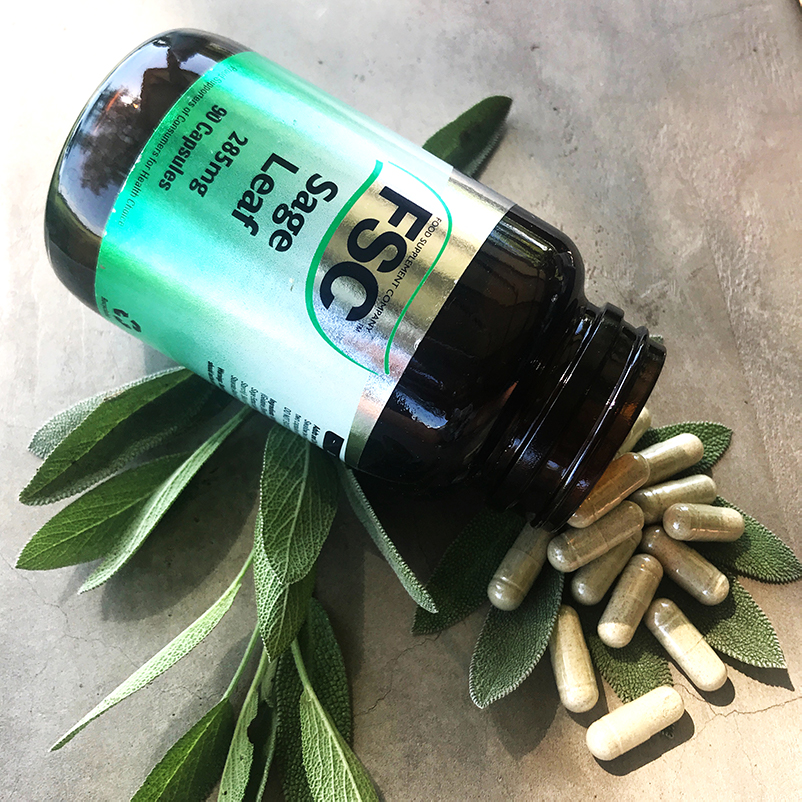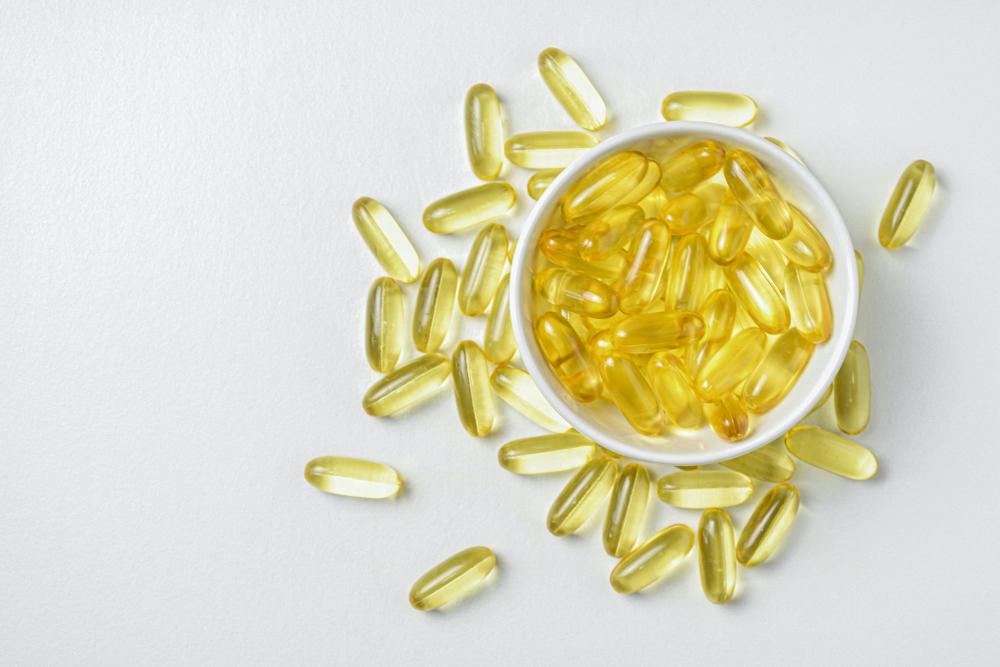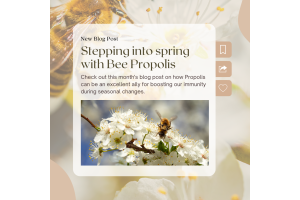Sage Leaf

Sage is a perennial woody herb, that you will find in most herb gardens. It is used to add flavour to savoury dishes. After doing research into I am going to be using it for a lot more than that. I hope after reading this blog you will too.
The use of sage in medicine has been well documented and dates back thousands of year when it was initially used to treat things like snakebites. Nowadays with modern research sage has been shown to help with cognitive function by increasing memory retention and concentration in healthy adults. Even helping improve memory for people with mild to moderate Alzheimer's.
It can be chewed, taken in capsule form or brewed as a tea. To make sage tea, get a handful of fresh or dried sage. Poor over boiling water and let steep for 5minutes, then strain out the leaves. Add some honey to sweeten as the tea can be quite bitter.
Some of the Benefits of Sage Tea
- Lowers anxiety
- mitigates menopause symptoms
- lowers blood sugar levels
- boost appetite
- stimulates immune system
- Natural diuretic
- Boost circulation
Sage can also be used as a hair rinse! Boiling sage and rosemary together and then using it as the final rinse after shampooing. It improves circulation to the scalp providing more nutrition to the hair follicles which stimulates growth. It can also darken and make hair more shiny, when used twice a week.(apparently can darken greys too!)
Aside from its hair beautifying benefits Sage Leaf has some other amazing health benefits listed below.
- Studies have shown taking Sage Leaf as a supplement can reduce the amount of glucose in the blood and lower cholesterol.
- It can be used as a mouth wash. It treats gum disease, canker sores and throat infections. Alternatively you can freeze the tea and suck on the ice cube.
- It can reduce sweating and eliminate body odour.
- Can treat symptoms of indigestion by stimulating upper digestive secretions, bile flow and intestinal mobility.
- It can be used as a steam inhalation to prevent asthma attacks. It also if effective in removing mucus congestion and preventing secondary infection.
Along with all its benefits comes the downside to this Herb. Common Sage (Salvia Officinalis) which is what makes up most Sage supplements contains a component called thujone, which in hight amounts can be poisonous.
It can increase or lower blood pressure depending on which type of sage plant you are using (there are a few) Common sage lowers blood pressure in people who already have low, whilst Spanish sage increases blood pressure for those who already have high. This is important to remember and i would advise speaking to your doctor before supplementing with Sage if you suffer from high or low blood pressure. I would also advise checking with your doctor if you are on any other medications as sage can slow down the process of the liver breaking down medication. It can also have an effect on estrogen hormone.
Research
https://www.webmd.com/vitamins-supplements/ingredientmono-504-sage.aspx?activeingredientid=504&
https://www.healthbeckon.com/sage-herb-benefits/
https://www.livestrong.com/article/266158-what-are-the-benefits-of-white-sage-tea/






